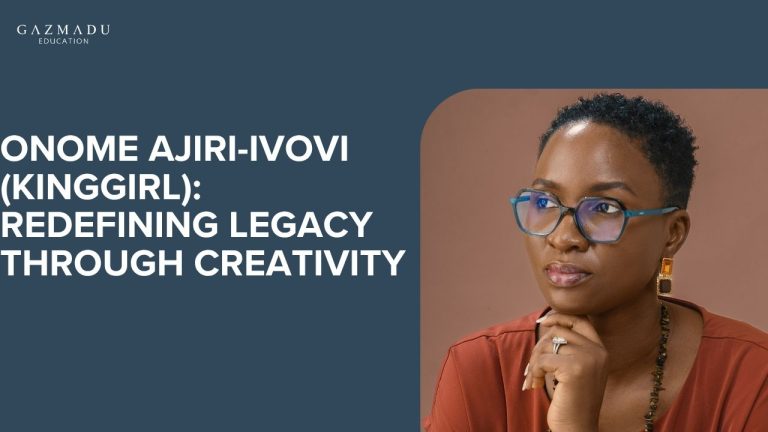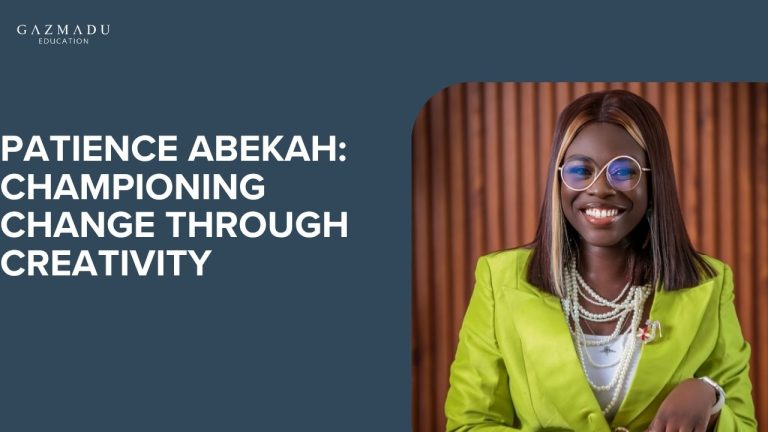I arrived at the event venue at 8 AM sharp, even though the event was scheduled to start at 10 AM and end by 3 PM. I was ready—gear set, team in place, mindset locked in.
An hour passed. Then two.
By the time the event finally started, it was 2 PM—a whole five hours late. No apology. No explanation. Just an expectation that I would carry on as if nothing had happened.
I just kept saying to myself, Omo! Omo! Omo!
Now, as a professional, I tried to stay calm. I knew I was there to do my job, and I did just that. But deep down, I was already thinking about how this would affect the rest of my day.
Fast forward to the end of the event—by 8 PM. That’s five hours beyond the agreed closing time. I reminded the client that she would need to pay an extra charge for the additional hours, as clearly outlined in our agreement.
That’s when the drama started.
“I booked you for the whole day,” she said.

I was stunned. Whole day? That was never the agreement. I pulled up our WhatsApp chats and emails where we had clearly communicated the booking details. But she wasn’t even willing to look at them. She simply walked off to mingle with her guests.
At that point, I knew I had a problem on my hands.
A few days later, when it was time for her to receive her images, I reminded her that she hadn’t paid the full balance, including the extra charge. No response.
Then, out of nowhere, she sent me a message threatening legal action and demanding her images without paying the full balance.

Now, I’m left wondering—what would you do in my shoes? Do I send her the images or stand my ground?
How to Handle Situations Like This

Before you find yourself in a similar situation, here are five critical questions you need to ask yourself as a creative business owner:
1. Do you have clear communication stating your time limits upfront?
It’s not enough to just say, “My service is for X number of hours.” You need to state it clearly—in written communication and verbal discussions—that your booking is time-based, and any extra hours come at an additional cost. If possible, highlight this at multiple stages of your communication so that there are no misunderstandings later.
2. Do you have a solid contract that protects your business?
A contract is your best defense in situations like this. It should include:
- Time limits and how extra hours are charged.
- Payment terms and consequences of non-payment.
- Image delivery terms (e.g., no payment, no images).
If you don’t have a contract in place, you are leaving your business open to unnecessary disputes.
3. Have you had an empathetic conversation with the client to resolve the issue?
Sometimes, misunderstandings happen. Before taking a hard stance, it helps to attempt a calm, professional conversation with the client. They may not realize how their actions have affected your business. A simple message like:
“Hello [Client’s Name], I understand that things may not have gone as planned, but as per our agreement, the extra hours are chargeable. I’d love to resolve this in a way that’s fair to both of us.”
If they refuse to have a conversation, then you know you are dealing with someone who isn’t acting in good faith.
4. Do you have a policy for handling overtime and delayed payments?
Beyond contracts, you should have clear internal policies for how you handle situations like:
- Late event starts and whether you have a cut-off time.
- Unpaid balances and whether images will be withheld.
- Legal threats and when to involve a lawyer.
Having these policies in place makes decision-making easier and reduces stress when dealing with difficult clients.
5. What would standing your ground vs. letting it go cost your business?
Sometimes, we have to ask: Is this battle worth it? If the amount owed is significant and you have the documentation to back your claim, then standing your ground makes sense. However, if the cost of pursuing it is higher than what you’d gain, it may be worth letting go—but not without learning from the experience.
As creatives, our time is just as valuable as our craft. Learning how to set boundaries and enforce them professionally is key to running a sustainable business.
So, if you were in the position of this Creative, what would you do?
Would you release the images, or hold your ground? Drop your thoughts in the comments. I’d love to hear how you would handle this.



